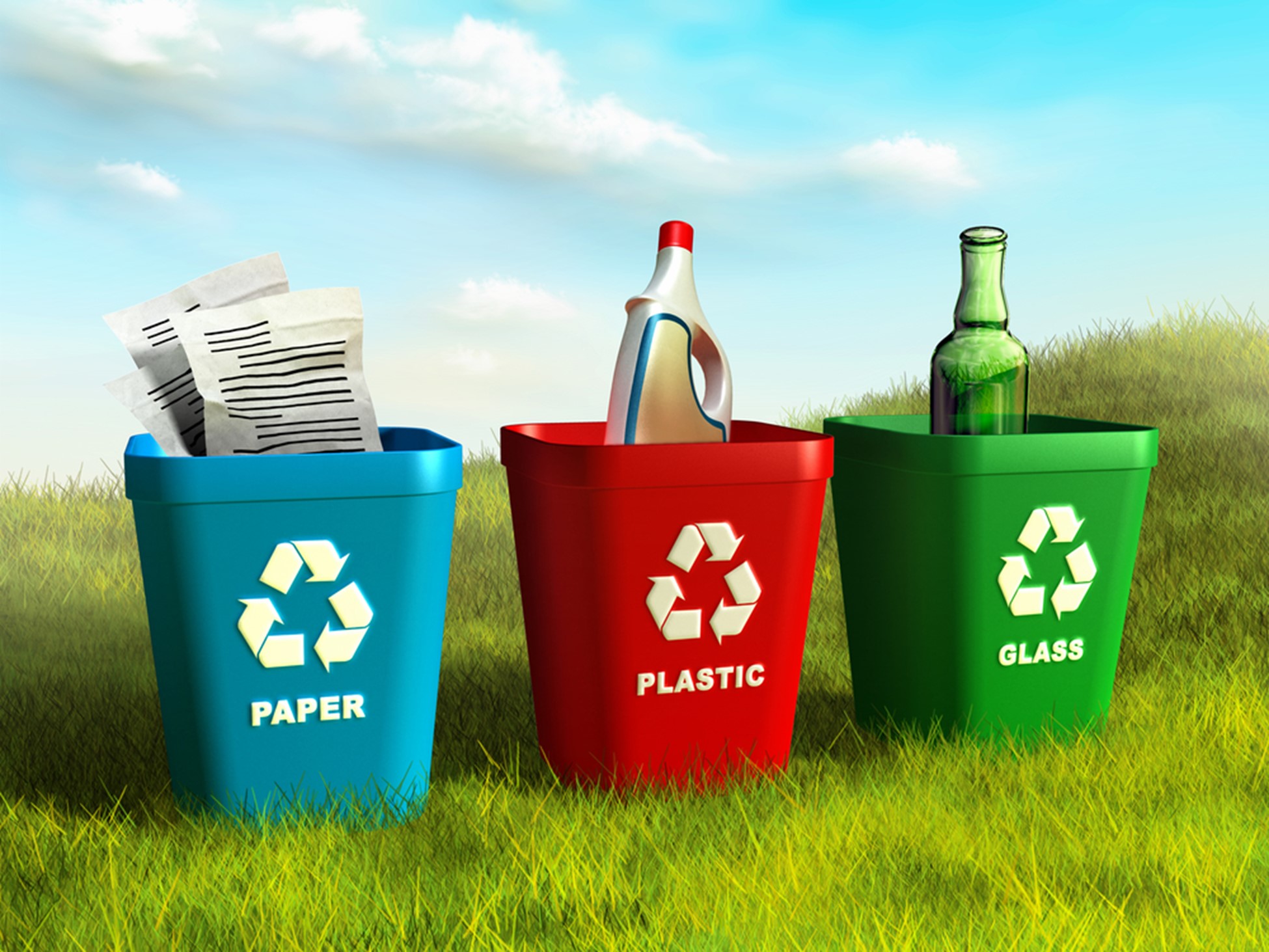What Is Debt Recycling and How Can It Benefit You?

Written by: Vincenzo Testa, CPA
What is Debt Recycling?
Debt recycling is a personal finance strategy that is commonly used by turning existing “bad debt” into “good debt” that is both tax deductible and works to enhance your financial future. Good debt is debt that is used to pay for an asset that has long-term value or generates income. On the contrary, bad debt involves borrowing money to purchase depreciating assets generally for personal consumption.
Debt recycling assists individuals in lowering interest expense and decreasing tax liabilities. The capital saved from recycling debt potentially makes a significant difference in maximizing financial wellness.
 How and Why Individuals Should Recycle Their Debt
How and Why Individuals Should Recycle Their Debt
Debt recycling can involve converting equity in a non-tax deductible asset to a tax deductible asset. For example, using the principal of a home equity line of credit (HELOC) for a down payment to purchase a rental property is a prominent example of using debt recycling.
In general, the strategy works in the following situation. An individual takes money they planned on investing, and they pay down the mortgage on their home loan instead. That same individual then pulls that same money back out through a refinanced mortgage or HELOC and invests it. The difference between the original mortgage and the HELOC is that the interest payments on the new HELOC are now tax deductible, only the interest payments that can be attributed to the purchase of the new investment are tax deductible. The decision to use leverage may result in significant tax savings for the investor.
This is a great strategy for an individual that wants to start a business or purchase passive income-generating assets. Using debt effectively has brought success to business owners for generations. Companies like Apple have cash surpluses the size of entire economies. Even though Apple has that much cash on hand, they still utilize debt for the tax benefits.
In Summary
It’s important to understand the risks associated with debt recycling and, most importantly, to understand one’s own risk tolerance.
Debtors must avoid over leveraging themselves. A specific safeguard against overleverage is to ensure your current income stream is secure and due diligence is completed on all investment decisions. An investor must recognize their risk tolerance. There is risk associated with debt, and there are an ocean of stories where smart people overleveraged themselves which led to financial hardship.
Before performing the strategy of ‘debt recycling’, one should understand all the risks and details associated with a debt recycle. If utilized correctly, a debt recycle can assist in increasing wealth for a potential investor.
Resources:
Debt recycling: what it is and how it works - Lendi
Bouchey Financial Group has local offices in Saratoga Spings and Historic Downtown Troy, NY.